Celebrities who turned down awards
Awards in Hollywood have long been seen as the pinnacle of success, a badge of honor for creativity and talent. Yet, they also pose a dilemma, as many artists question their value and relevance.
The pursuit of awards can sometimes overshadow the art itself, and some celebrities choose to reject them, sparking debate and conversation. This article delves into notable instances where artists have said no to awards, showcasing a fascinating intersection of art, politics, and personal conviction.
Marlon Brando: A Stand for Native American Rights
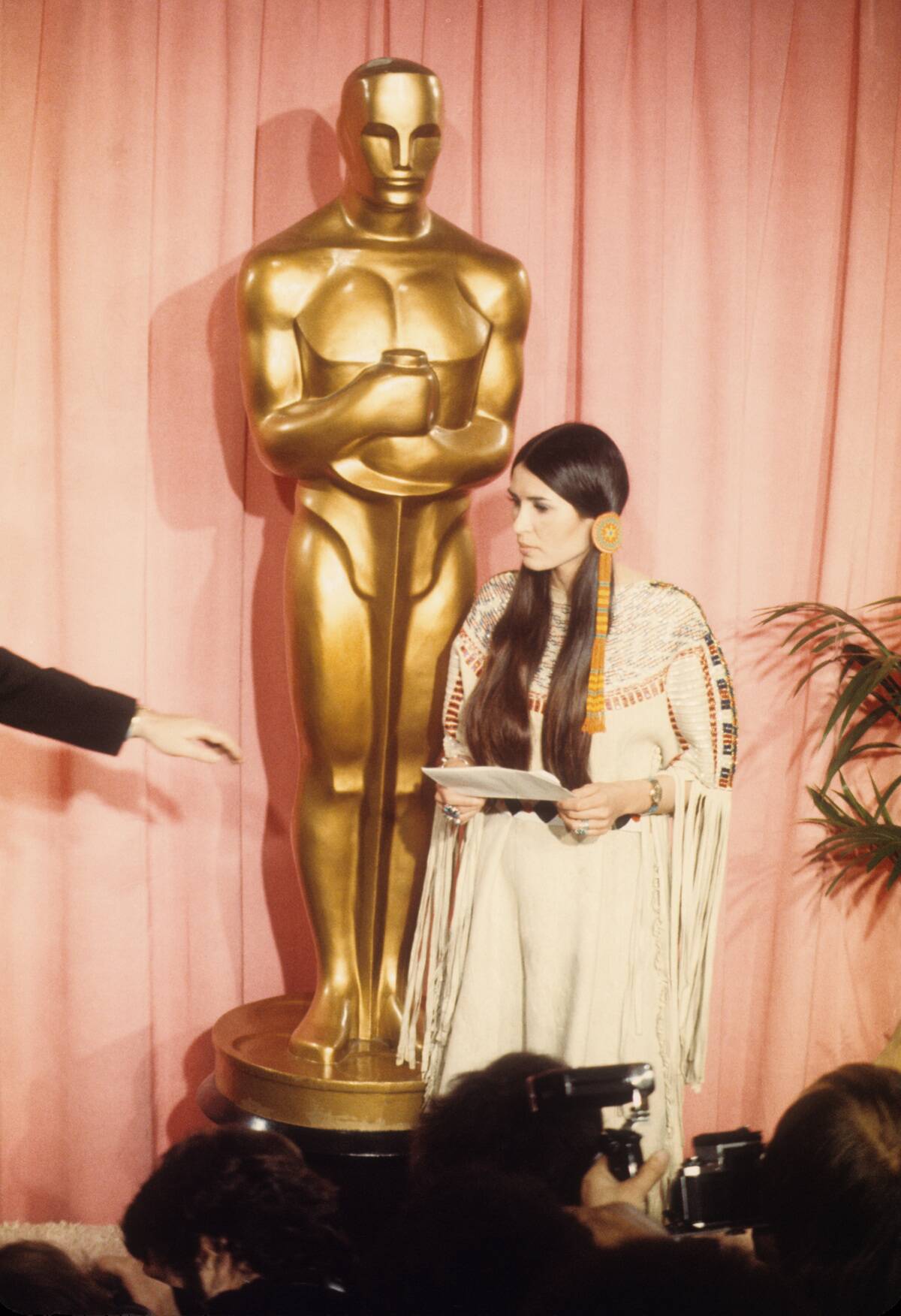
In 1973, Marlon Brando made headlines when he refused the Best Actor Oscar for his role in The Godfather. Instead of attending the ceremony, Brando sent Sacheen Littlefeather, an Apache activist, to decline the award on his behalf.
Brando’s protest was aimed at drawing attention to Hollywood’s portrayal of Native Americans and the U.S. government’s policies towards Native American tribes. This bold move brought significant attention to the issues, highlighting Brando’s commitment to advocacy beyond the silver screen.
George C. Scott: The Actor Who Refused the Oscars Twice
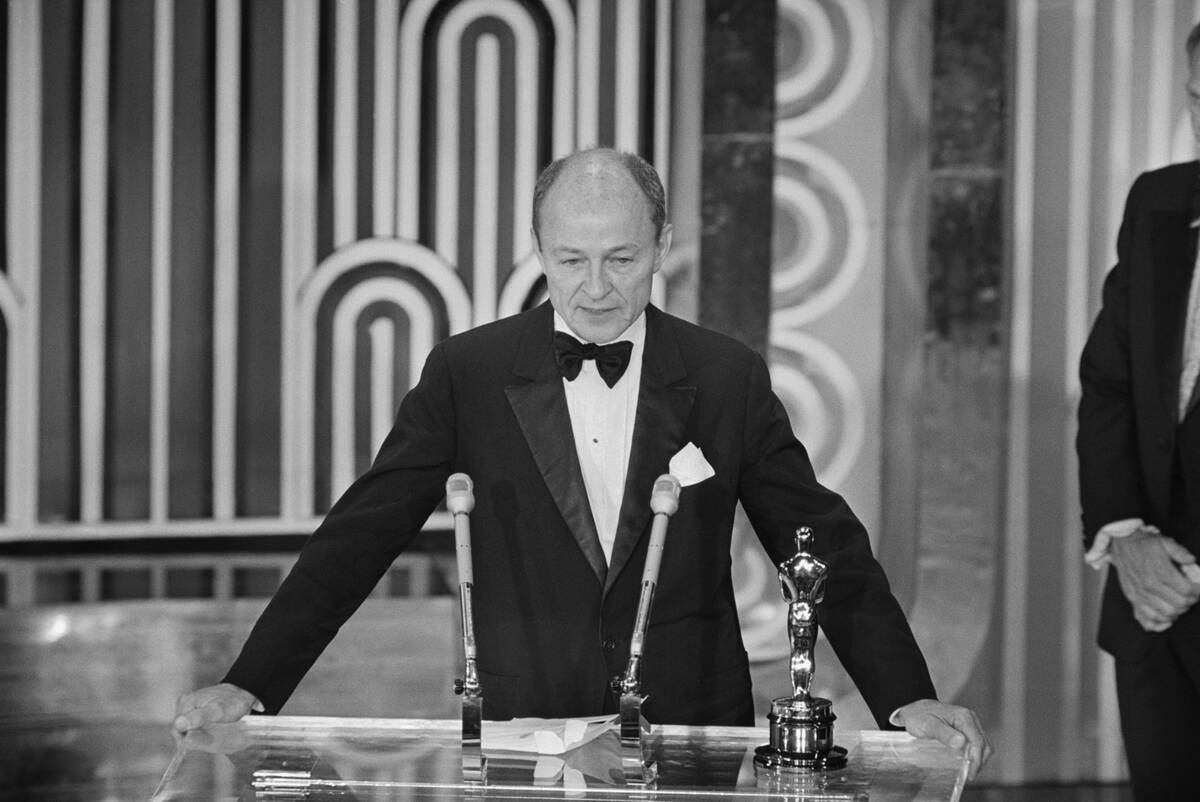
George C. Scott was known for his disdain for the Oscars, famously calling them a “meat parade.” He first refused a nomination for The Hustler in 1962 and later, in 1971, declined the Best Actor Oscar for his performance in Patton.
Scott’s rejection was based on his belief that actors shouldn’t compete against each other. His stand questioned the competitive nature of awards, emphasizing the subjective nature of art and performance, and left a lasting impression on the industry.
Woody Allen: The Filmmaker with No Interest in Awards
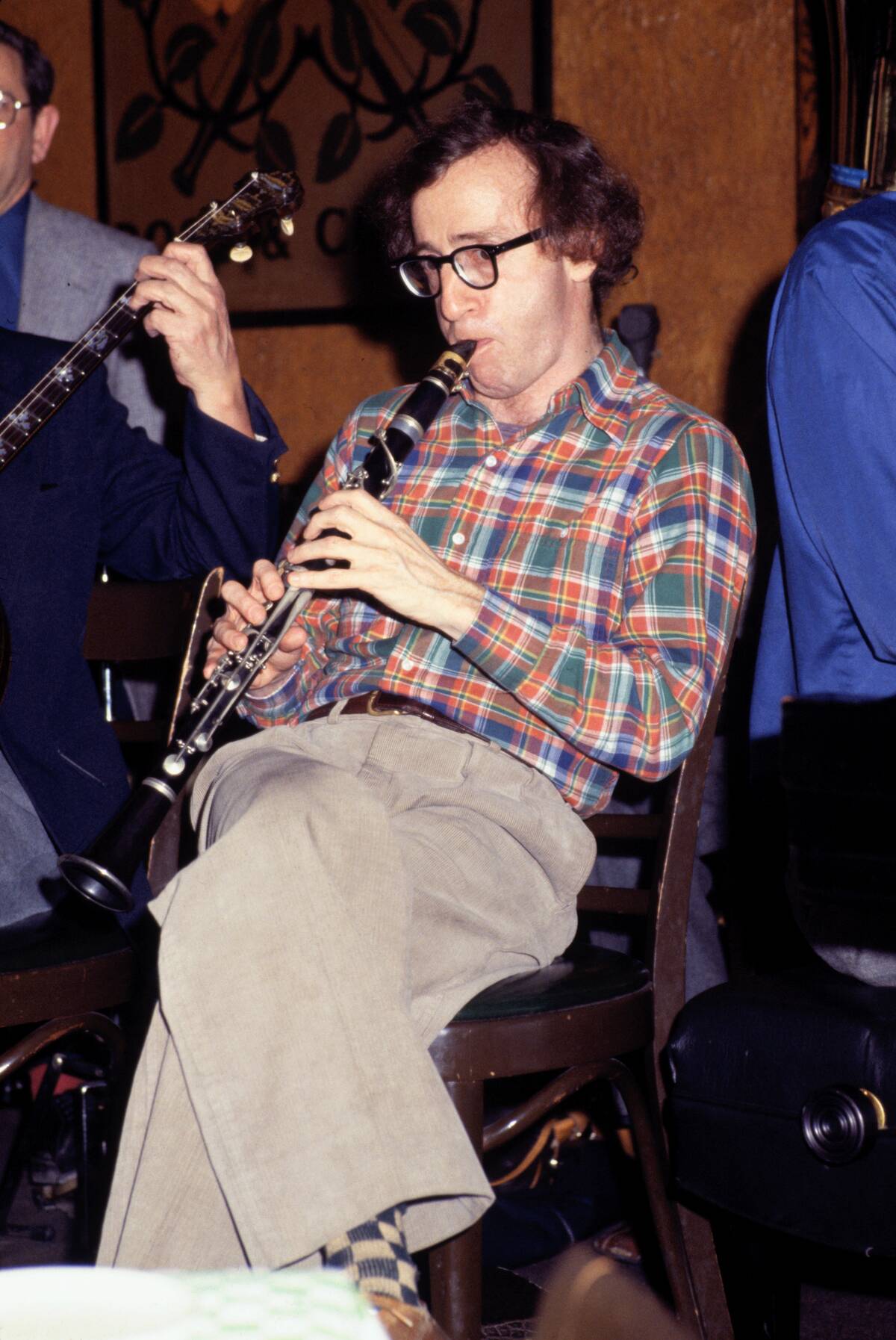
Woody Allen has a famously nonchalant attitude towards awards, often skipping ceremonies, including the Oscars. Despite winning four Academy Awards, Allen has consistently expressed disinterest in the accolades, focusing instead on his work as a filmmaker.
His approach underscores a perspective that values the creative process over external validation, challenging the notion that awards are the ultimate measure of success in the film industry.
Sinead O’Connor: A Grammy Rejection with a Political Message

In 1991, Sinead O’Connor made a bold move by rejecting four Grammy nominations, including one for her hit “Nothing Compares 2 U.” O’Connor’s decision was a protest against the commercialism of the awards and the music industry.
She criticized the Grammys for focusing more on the business side rather than the artistry. Her rejection was a clear political statement, emphasizing the need for integrity and authenticity in music.
Julie Andrews: Declining Tony for a Cause
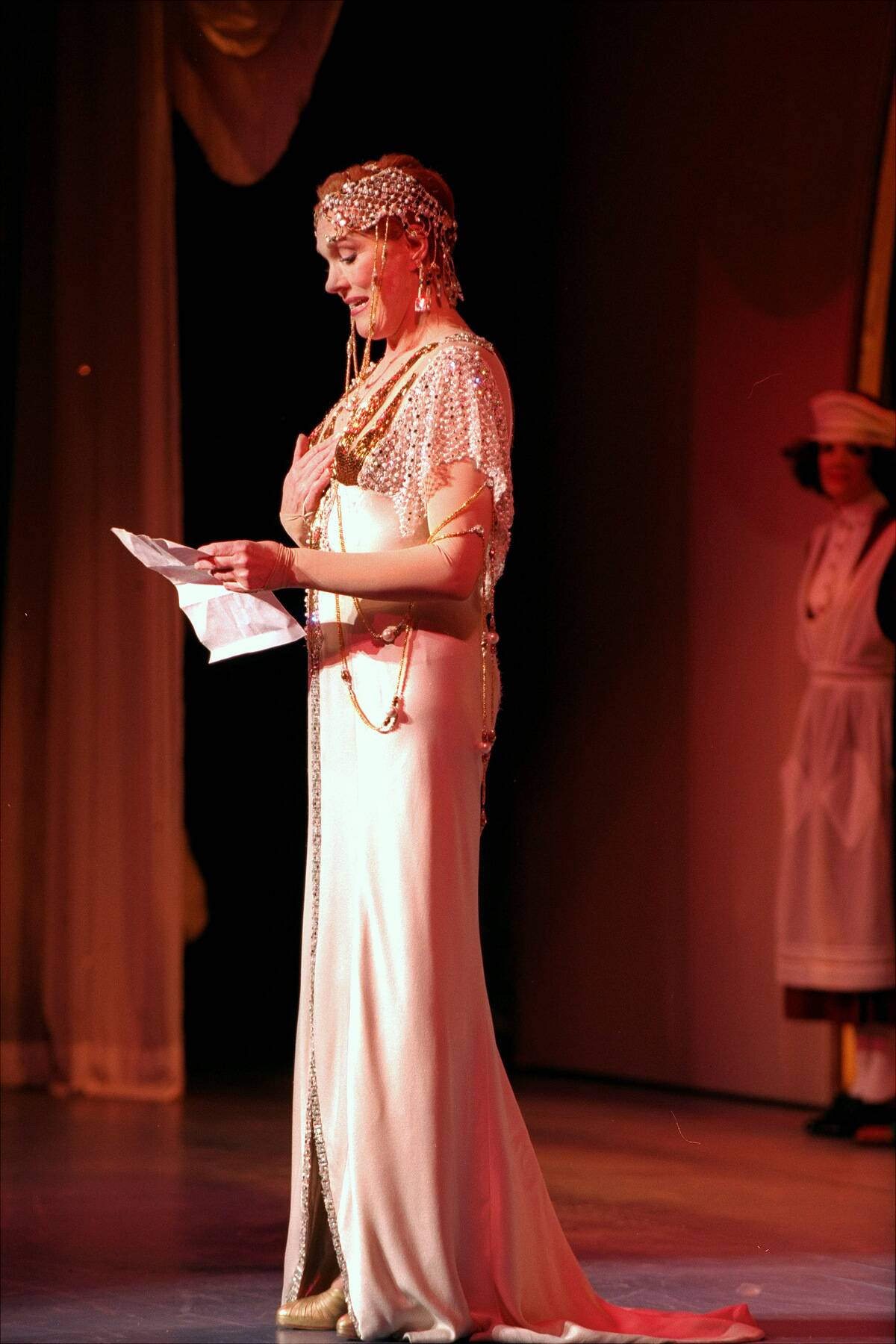
Julie Andrews, beloved for her roles in classics like The Sound of Music, made headlines in 1996 when she declined a Tony Award nomination for her role in Victor/Victoria.
Andrews took this stand in solidarity with her cast and crew, who were snubbed by the Tony committee. Her decision was a gesture of team spirit, highlighting the collective effort behind theatrical productions and advocating for broader recognition of all contributors.
Jean-Paul Sartre: A Nobel Prize Declined
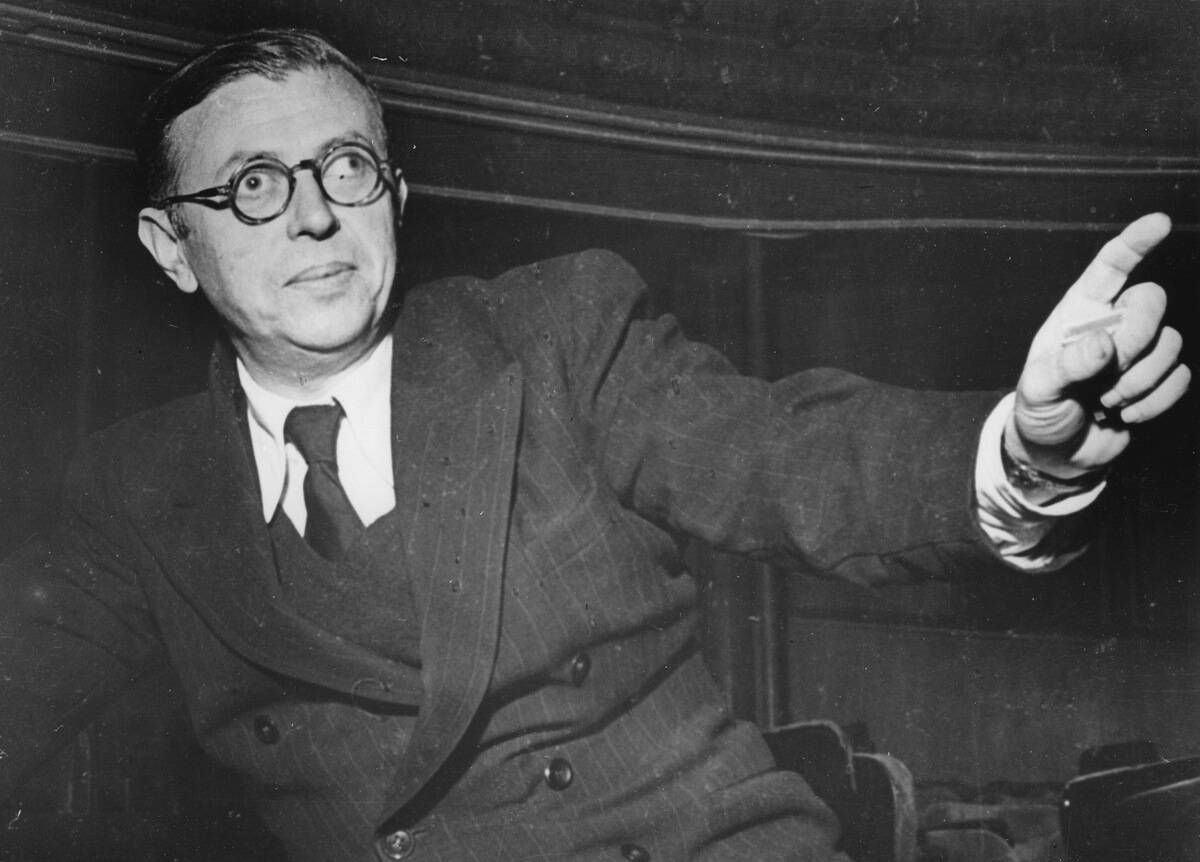
Philosopher and writer Jean-Paul Sartre refused the Nobel Prize in Literature in 1964, a decision driven by his belief that a writer should not allow themselves to be transformed into an institution.
Sartre was consistent in his rejection of honors and accolades, maintaining that such awards could influence a writer’s independence. His refusal sparked discussions on the nature of literary recognition and the role of personal principles in the acceptance of awards.
Peter O’Toole: Oscar Rejection with a Touch of Humor
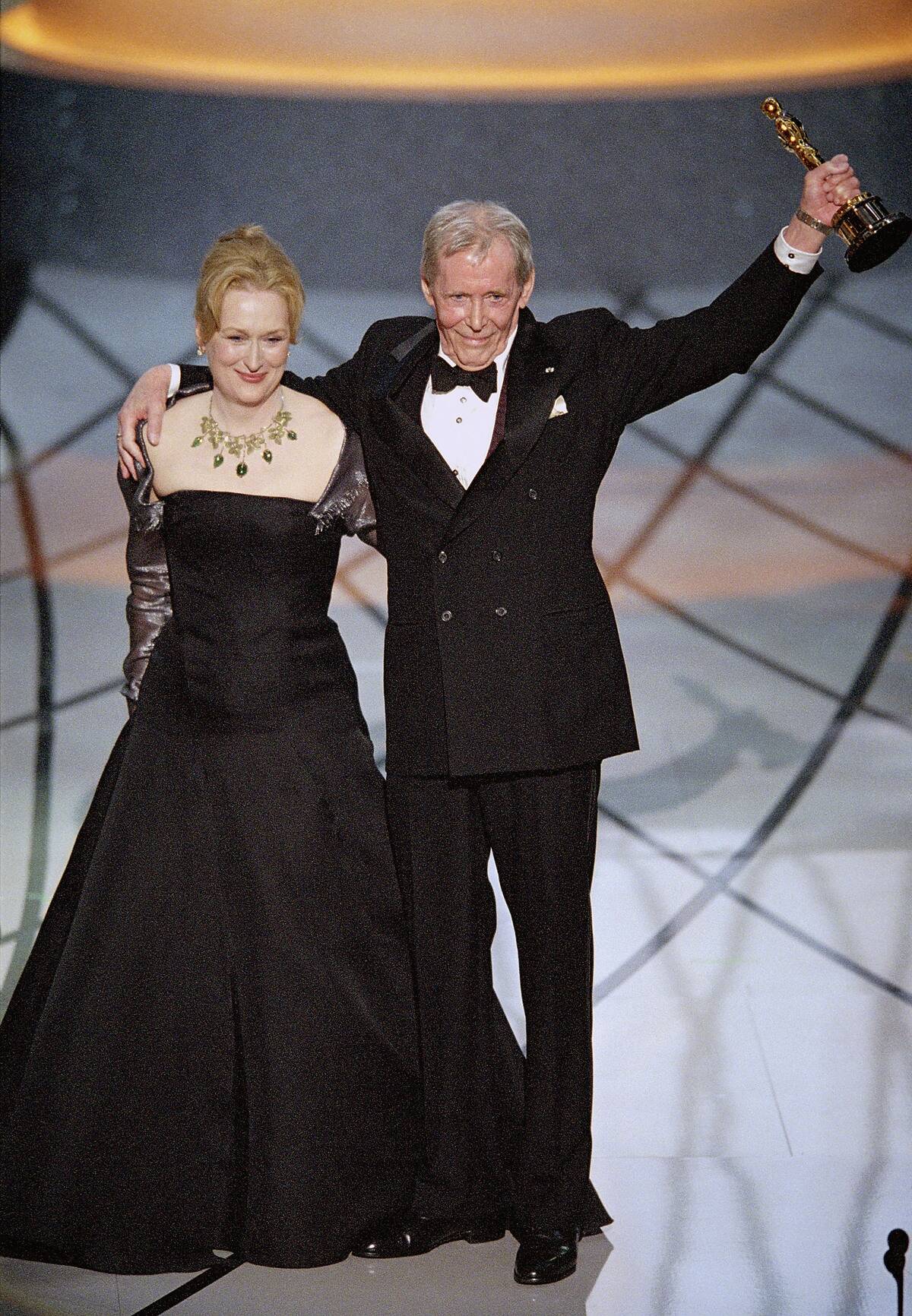
Peter O’Toole, known for his charismatic screen presence, famously declined an Honorary Oscar in 2003. In a humorous letter to the Academy, he requested more time to “win the lovely bugger” outright, reflecting his desire for a competitive win.
While he eventually accepted the honor, O’Toole’s playful refusal brought a lighthearted touch to the often serious world of award ceremonies, emphasizing the personal and subjective nature of recognition.
Adele: A Singer’s Award Rejection in Protest
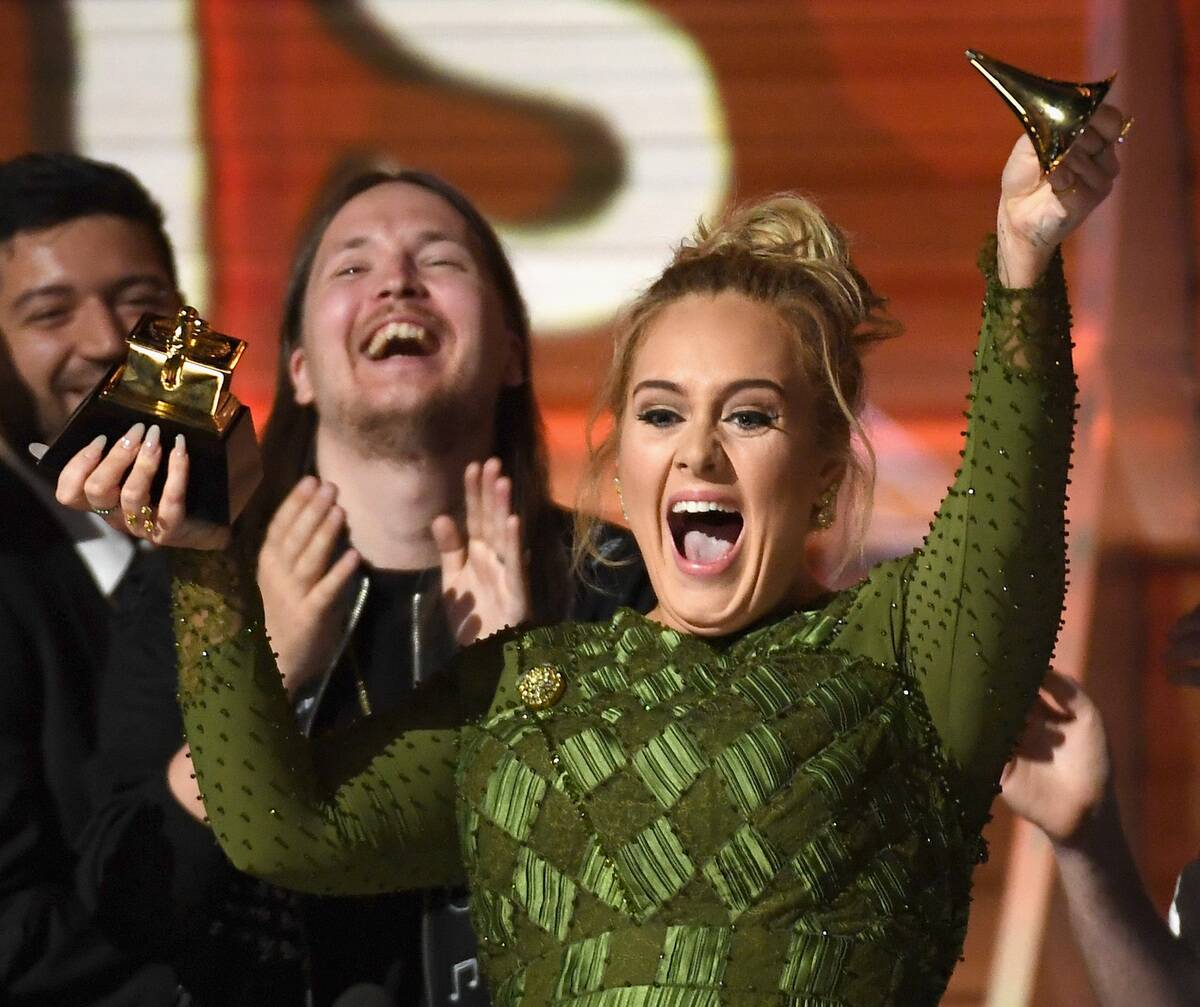
In 2017, Adele made waves by breaking her Grammy in two, symbolically sharing it with Beyoncé, who she felt deserved the Album of the Year award more.
Adele’s act was a protest against the perceived lack of diversity and recognition of black artists within the Grammy Awards. Yet while the moment was symbolically opportune for her, the breakage appeared to be an accident, as Adele was later filmed handing the broken Grammy to a Recording Academy representative and receiving a fresh one in return.
David Bowie: Turning Down a Royal Honor
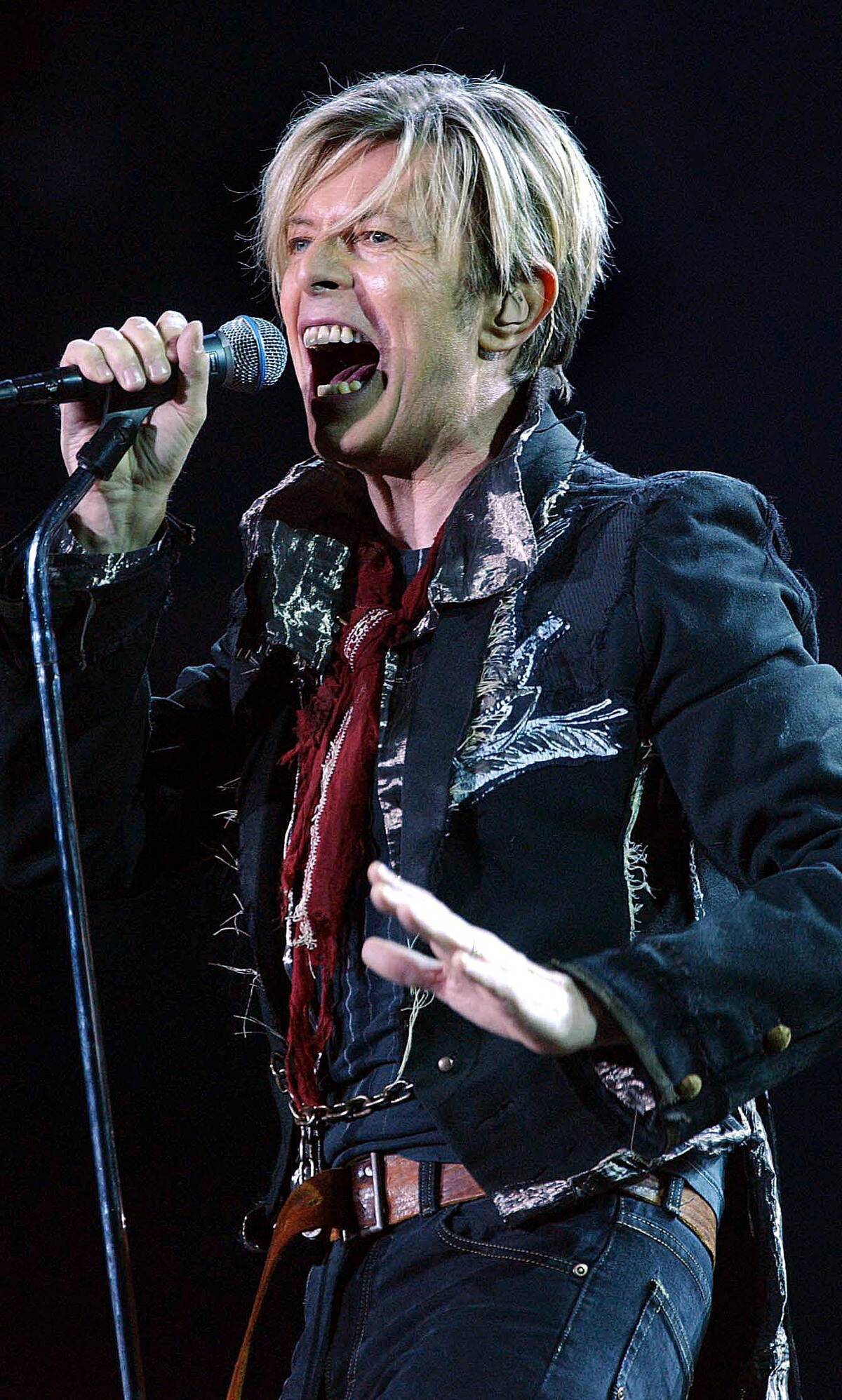
David Bowie, an icon of innovation and individuality, declined a Commander of the Order of the British Empire (CBE) in 2000 and later a knighthood in 2003.
Bowie’s refusal was consistent with his nonconformist persona, as he stated he never intended to accept honors that he didn’t spend his life working for. His decision underscored his belief in maintaining personal integrity and independence, challenging societal norms around recognition and honorific titles.
Bob Dylan: An Icon’s Hesitant Nobel Prize Acceptance
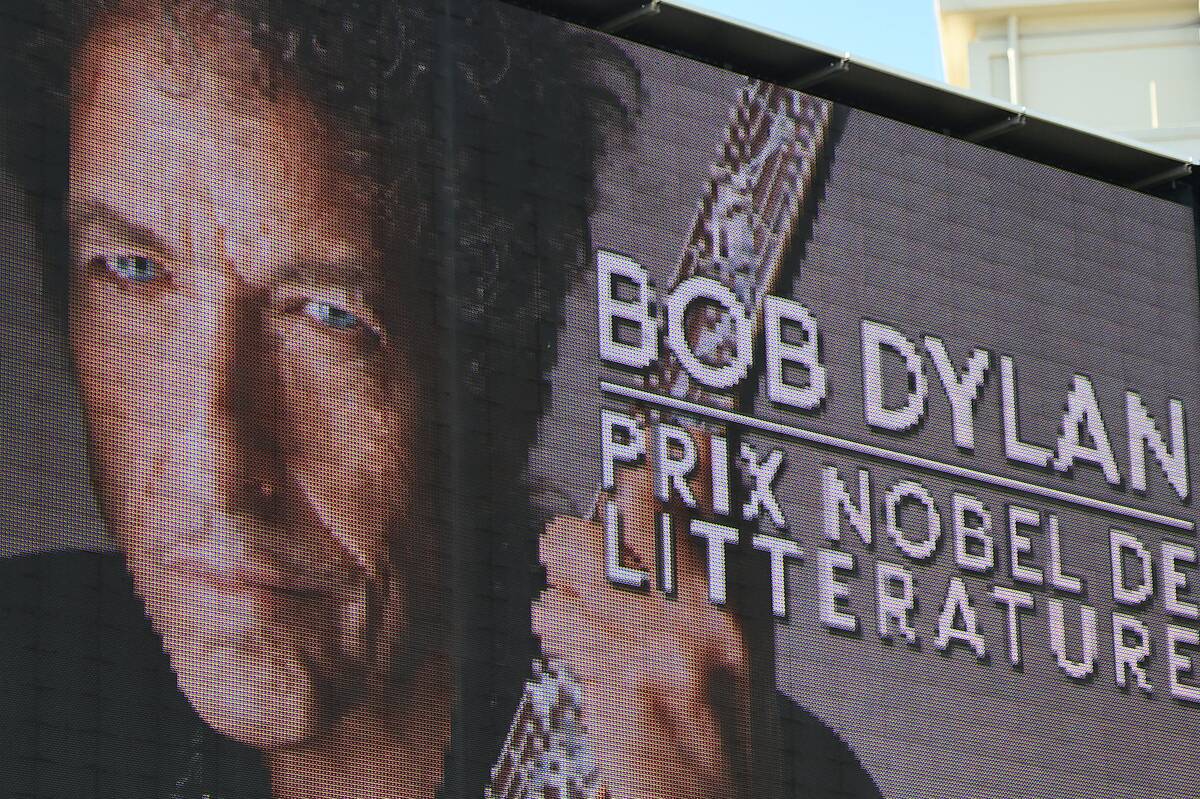
Bob Dylan’s acceptance of the Nobel Prize in Literature in 2016 was marked by hesitation, as he initially remained silent and skipped the award ceremony. The reason given had to do with vague “pre-existing commitments,” which only furthered speculation about his lack of interest in the prize.
His eventual acceptance, communicated through a speech read by the U.S. Ambassador to Sweden, highlighted the complex relationship between artists and recognition, sparking debate on the evolving definition of literature.



